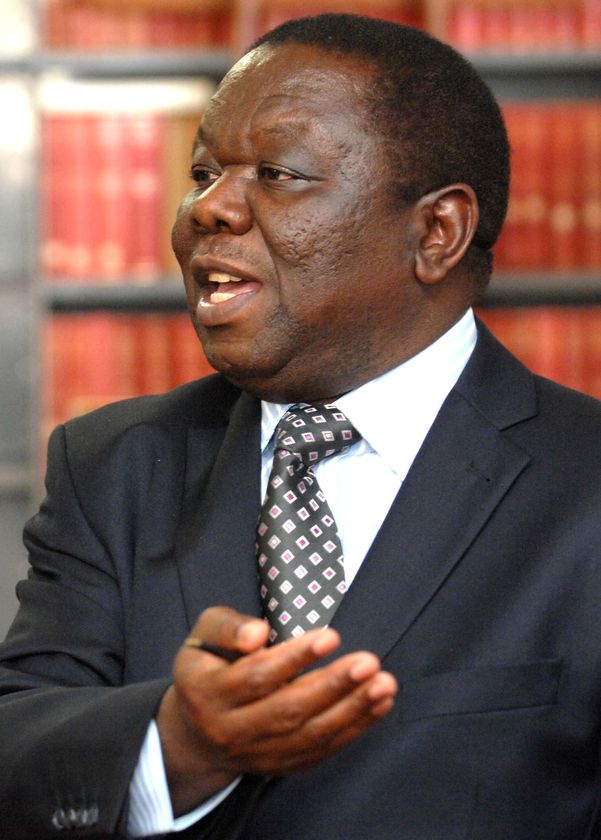12/09/2008
Cautious welcome to Zimbabwe 'deal'
Press Association
British politicians welcomed the news that Zimbabwe looked to be on the brink of a historic power-sharing deal that could finally end Robert Mugabe's 28-year monopoly on power in the country.
South Africa's President Thabo Mbeki announced the news and said a government of national unity would be announced on Monday.
The announcement was given a cautious welcome in Britain by former Cabinet minister and Minister for Africa Peter Hain.
He said the reported deal between President Mugabe and opposition leader Morgan Tsvangirai was "very good news" for the "long-suffering people" of the country.
But he said granting Mr Mugabe immunity from prosecution as part of the deal may have to be a "necessary" step to end the "nightmare" in the country.
Before the news of the announcement, Prime Minister Gordon Brown said at his monthly press conference he wanted to see an outcome "that reflects the democratic will of the Zimbabwean people".
He added: "We don't yet know all the details of the agreement, but we want a transition so that it is possible for the MDC and those people who have been legitimately elected to be able to have their legitimate place in the Government of Zimbabwe and we will judge our response by the extent to which that is happening."
The government in Zimbabwe and the opposition MDC had already agreed that Mr Tsvangirai would be a Prime Minister with Mr Mugabe staying on as president.
But negotiations had stalled over the precise allocation of power between the two men who have been bitter rivals for a decade.
Mr Mugabe, who has been in power since independence from Britain since 1980, won a presidential run-off election in June unopposed after Mr Tsvangirai withdrew. He withdrew after claiming the MDC was the target of state violence ordered by Mr Mugabe.
==============
Other reports give a little more detail of the complexities of the deal:
In the Star Tribune
Officials in both the governing and opposition party described an arrangement that seemed to leave neither man in charge. That may reduce the chances that the accord will bring new stability and attract the foreign aid needed to rebuild the country's economy.
Under the agreement, officials said, Tsvangirai would become prime minister and oversee a council of ministers that would formulate and carry out policies. Mugabe would retain his title of president and would head a Cabinet apparently made up of the same group of ministers. How the government would resolve conflicts was not clear.
Asked who would head the government under this arrangement, Nelson Chamisa, a spokesman for the opposition, did not name one man or the other but instead replied, "This is an inclusive government." He said executive power would be shared by the president, the prime minister and the Cabinet.
The Boston Globe says,
The complicated agreement makes Mugabe's rival, Morgan Tsvangirai of the Movement for Democratic Change, prime minister and creates a government whose ministers meet twice in parallel structures - once with the prime minister in charge and once under the president.
BBC and Reuters accounts are reproduced here.
More detail will no doubt emerge soon. And time, and the collapse of the economy, will tell.
Subscribe to:
Post Comments (Atom)

No comments:
Post a Comment